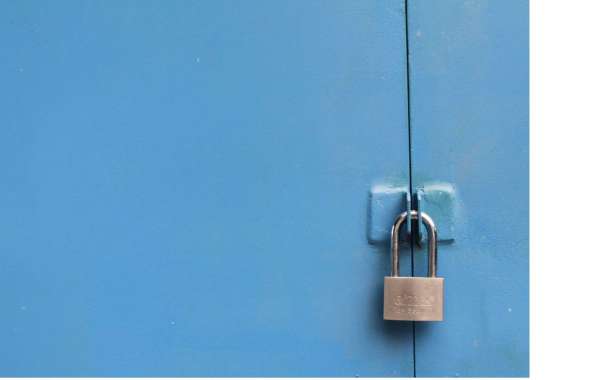Exams become a nightmare for those of you who neglect their textbooks throughout the year. It turns into a race to see how quickly you can cram a year's worth of material. Many of you are probably doing the same thing as the board exams approach.
During a period of intense exam pressure, you must first recognise thatstudying for 12 hours a dayis not healthy and that you can rarely, if ever, adapt to doing so.
Here are a few pointers to help you make the most of your long study sessions and concentrate the most:
List Of Tips You Need To Follow To Study For 12 Hours
1. Study for no more than two hours:
The optimal amount of time for systematic study is two hours. Each period of 2 hours can again be broken down into slots of 25 minutes of solid studying followed by a 5-minute break.
If you need to continue studying, take longer breaks of around 20 minutes every 2 hours.
2. Switching between subjects:
Before you plan your day's study schedule, keep in mind that the courses we learn can be divided into three categories:
Subjects that rely on memory, such as biology, history, and geography, contain a lot of material that must be memorised.
Maths and physics are problem-solving subjects.
Subjects based on interpretation, such as English literature and literature papers from other languages.
In order to study most effectively, you should alternate between each category of subjects over long periods of time.
3. Concentrate more on the essentials.:
One's syllabus coursework can be split into two types: one is the basic material, and the other is the detailed material. While base material includes important principles, diagrams, formulae, theorems, and graphs, elaborative material includes quotes, examples, illustrations, and so on.
As many as 80% of the questionnaires on a test are likely to be drawn from the material base. So, if you are struggling with an unfinished syllabus, concentrate on the core material of the different subjects.
Moreover, study the question patterns of the last few years to make sure you are not spending too much time on topics that are highly unlikely to be asked in the exam.
4. Use tried-and-true note-taking strategies:
Proper note-taking is critical for completing the syllabus at the last minute. Two scientifically proven note-taking methods work best: SQ5R and Cornell Notes.
SQ5R is an acronym that stands for Survey, Questions, Read, Record, Recite, Review, and Reflect.
Examine the textbook and highlight important sections. It only takes about 7-10 minutes.
Turn the headings and subheadings in your textbook into questions that could be asked on the exam. Make a list of potential questions to the side
of important passages of text.
Read, write, or recite: Reread the text and make a separate note of important points in your own words. Put them in bullet points or boxes for a more visually appealing representation. Recite to yourself the points you made.
Cornell Notes is a three-column note-taking format that makes memorizing and recalling information much easier. When reviewing, it is simple to cover the right column while attempting to answer the questions on the left.
5. Make a wonderful environment:
Regardless of the work you do, it is critical to create a positive environment. The environment has a profound impact on human psychology. If you want to make a habit of studying for long periods of time, such as 12 hours per day, you must have a high level of focus and concentration. And even minor changes in your surroundings can have a significant impact on your concentration level.
If you want to advance in your studies, you must first create your own study environment. You should look for a quiet area in your home where you can relax. If your mind is at ease, it will receive more information and store it for longer periods of time. As a result, you must create your own environment.
6. Goodbye to friends:
If you want to get good grades on your upcoming exams, then say goodbye to your friends. Friendship is essential in human life, but it is not everything. You have a lot of things stashed away for your friend group. So consider your future and bid farewell to friends.
If you prefer to study in groups, I prefer not to. Because in group studies, students gossip more than the study. The remainder of your day would be ruined as a result. So, in my opinion, studying at home is preferable.
7. Be away from distractions:
Distractions are a major reason why many students struggle to focus on their studies. Today's children are so thickened in their phones, social media, video games, and movies that they have forgotten what their true motivation is. If you want to study for 7 or 8 hours, you can't waste time doing these things.
So say good-bye to your beloved smartphone and laptop. And start focusing on your studies and exams because social media will be there in a year or two, but your exams will not.
Also read: Best revision techniques
Let's wrap it up!
This covers all of the essentials for developing the habit of studying for 12 hours per day. 12 hours of study may appear difficult, but if you try to make it by following these points, we hope you will succeed.








